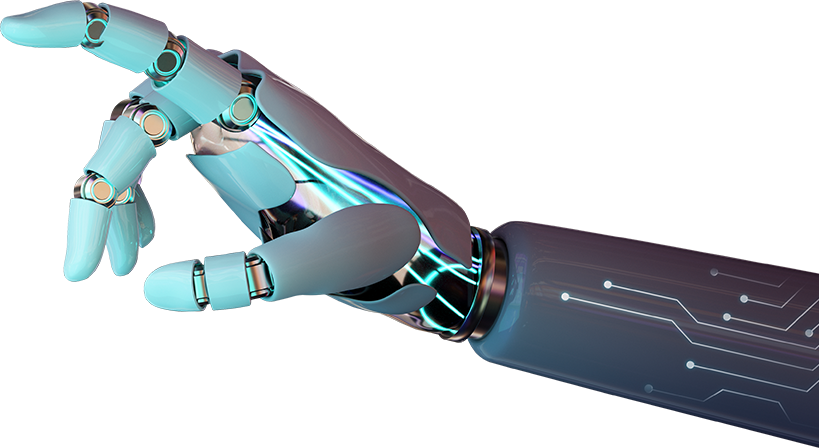AI has proven to be a valuable tool in improving efficiency and accuracy. However, despite these advancements, there are still certain aspects of human nature and the human condition that AI has yet to fully grasp.
By the way, if you’re keen to dive deeper into securing consistent leads and top-quality appointments with prospects eager to converse with you, click here to watch a FREE, comprehensive training video detailing every step of the process.
One area where AI falls short is in understanding the complications of human emotions. While AI is capable of recognizing certain patterns of behavior and facial expressions associated with certain emotions, it cannot fully comprehend the depth and complexity of human feelings. Emotions are a highly subjective and often irrational aspect of human behavior, making it difficult for AI to accurately interpret and respond to them.

Another area where AI struggles are in understanding the nuances of human language. Although AI has made significant progress in natural language processing, it still has difficulty understanding the subtle nuances of human communication. Sarcasm, irony, and other forms of figurative language can be especially challenging for AI to comprehend. So, if you tell an AI “Break a leg!” before a presentation, it may not understand that you are wishing them luck.
AI also lacks the same level of moral and ethical understanding as humans. While it can be programmed with certain ethical guidelines, it cannot truly understand the complexity of right and wrong. Unlike humans, AI lacks the emotional intelligence and empathy required to truly grasp the impact of our actions. Therefore, if you ask an AI to make a moral decision, it may not necessarily make the same decision a human would.

Lastly, AI has a hard time understanding the importance of human connection and relationships. Although it can analyze social networks and recommend connections based on data, it cannot fully understand the emotional bonds that form between humans. These bonds are often irrational and difficult to quantify, making them difficult for AI to interpret. Thus, if you want to know what it feels like to fall in love, don’t ask an AI.
So, while AI has made tremendous strides in recent years, there are still certain aspects of human nature and the human condition that it has yet to fully understand. As we continue to develop and improve AI technology, it is crucial to remember the limitations of AI and the critical role that human understanding plays in advancing this field. Nonetheless, we can always rely on AI to help us with tasks that don’t require human emotional intelligence or ethical judgment, like playing chess or analyzing complex data sets.
Thank you for reading!






